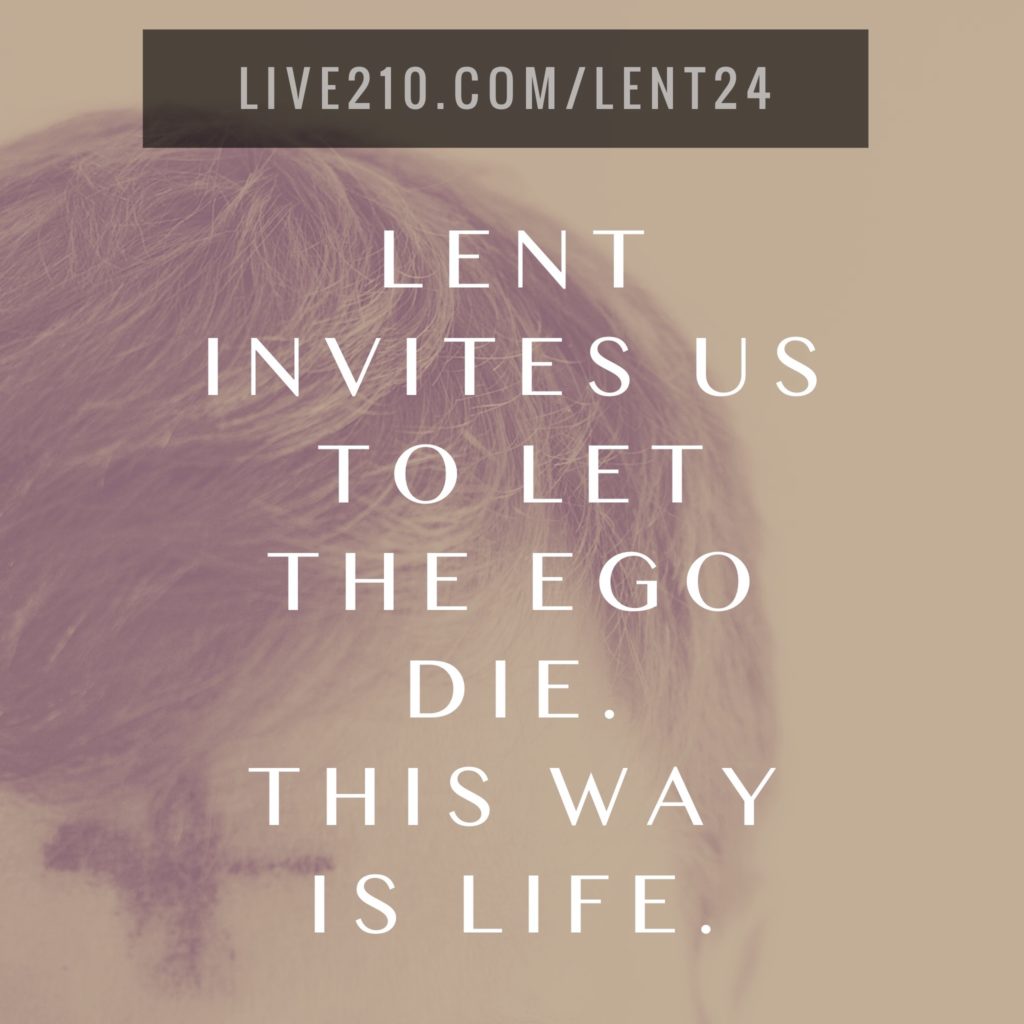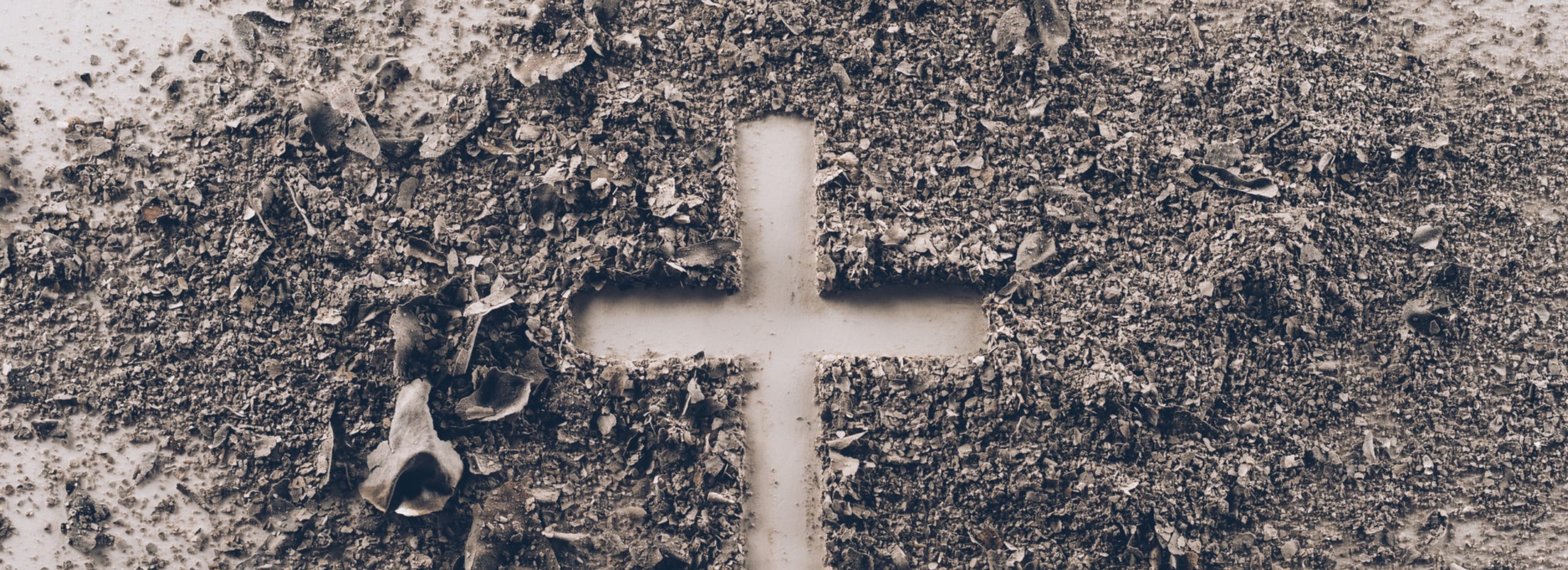6 min. to read.
Today we turn a corner. This is the 24th day of Lent. Starting today, the Lent reflections and scriptures begin to follow the events in Jesus’ last eighteen hours of life. If you haven’t been following along so far, now is an excellent time to start. Reflecting on these events will prepare your heart for Easter.
Mark 14:32-42 begins our walk toward the cross. This is the scene of Jesus wrestling in the garden of Gethsemane.
In a crisis there’s a point of release. Before that moment, different paths remain available. You can still affect the outcome. After this point of release, though, you are no longer in control. Like a rollercoaster dropping from that first big hill, the crisis is upon you. You can only hold on until the end.
The Garden of Gethsemane is that point of release for Jesus. The pressure is building. Judas has already gone to get Jesus’ enemies. He only has a few more minutes where he can make choices that alter his future circumstances. He could call together all his followers in Jerusalem and make a show of force. He could leave town and get to safety if he hurries. What does he do? He sits in the pressure, feeling the sorrow, perhaps even the fear. He asks his friends to stay with him. He tells God that he doesn’t want to go through with it.
In this vulnerable and painful moment, we witness the human and Divine struggle. Jesus says, “I don’t want to go through this. Take this cup away!” That’s a normal, natural, human response to pain. Our desire to survive and thrive causes us to recoil from threats to our safety. We were made for life! Yet, the path of pain that lies ahead for Jesus serves others. His pain will change everything. While he is reacting to the anticipation of pain coming, he is also accepting and trusting. Human nature and its ego say, “We must protect ourselves at any cost.” The Divine nature always acts in love, so Jesus can say, “Yet, not what I will, but what you will.”

The human drive to survive and avoid pain is normal, even for Jesus. The response of other-centered co-suffering love, which calls us to enter into pain and death for others, is Divine. In the garden, we see these two motives in contention. Ultimately, Jesus chooses the path of acceptance.
With that choice, the garden becomes the site of Jesus’ death. Not because that’s where he was crucified, but because that is where he made the final decision of acceptance, to surrender to this painful path and follow it to the end. In classical Christian language, we talk about this being the moment of Jesus’ complete surrender to the will of the Father. In the language of Psychology, we could also talk about this as the moment of the ego death.
You and I are not Jesus. We aren’t called to the cross to die for humanity, but we aren’t strangers to Gethsemane, either. In small ways, over and over, we come into the garden feeling the pressure, grief, and pain of a decision that has consequences for us and those we love. Two powerful motives threaten to pull us apart: Our natural human desire to avoid discomfort, pain, and death, on the one hand, the mark of the Divine in us, a love for others that is willing to suffer in order to serve, on the other hand. Our ego demands acknowledgment, pressing us to power up, prove we’re right, strike back at the enemy, move to higher ground, do whatever we can do to change the circumstances so we can avoid the pain. The image of God within us, and the Spirit moving on our hearts, invites us to resist the ego’s demands. Every time we choose other-centered, co-suffering love, it’s a little death for the ego.
An important aside: Because you and I are not Jesus, we are also not called to make destructive self-sacrificial choices for those who are abusing us. Perhaps there are times when the Spirit leads us to do exactly that. In general, though, if someone other than the Spirit is telling you it’s is the right, moral, or Godly thing to stay in relationships or situations where you are being abused, they are manipulating you and don’t have your best interest in mind. You are allowed to leave abusive situations.
The garden also has another quality we know. In that place we feel profoundly alone, even if there are people with us. Jesus went to the garden with his disciples. More than once, he asked them for their support. They couldn’t see the pressure he was under or the cost he was paying. They couldn’t possibly understand what he was going through. By falling asleep, they made it clear that they could not help. As Jesus faced this struggle, he was alone. We’ve felt that, too.
The garden comes for all of us, over and over again. Sometimes it comes with big, life-changing decisions that have painful consequences for everyone involved. Sometimes it comes with small, daily choices that can significantly impact the future. In those moments, we feel profoundly alone as we wrestle with the competing drives of self-protection and ego death.
When you find yourself in a garden of painful decision, recall this scene. Jesus walked this path too. That means God knows from personal experience how the garden feels. Unlike Jesus, whose friends couldn’t possibly understand what he was going through, you are accompanied by One who’s been there.
The ego never wants to die, but most of the time, we find more life and deeper love on the other side of that painful death.
Lent invites us to let the ego die. This way is life.
